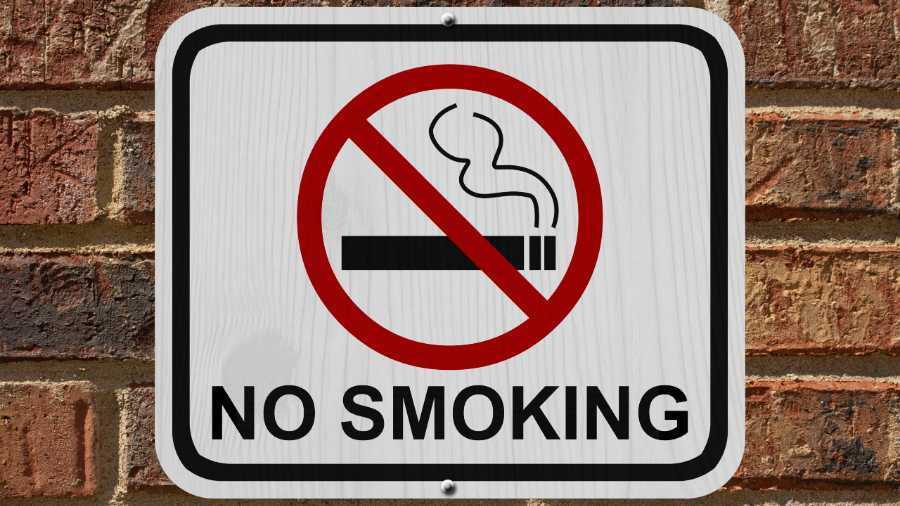In December 2021, New Zealand unveiled its plan to stop young people from smoking — it proposes to do this by raising the legal smoking age each year, starting from 2027. This would allow existing smokers to continue buying tobacco products, but put them out of reach for anyone born after 2008. Some other measures have also been proposed to make smoking unaffordable and inaccessible. This is one of the world’s toughest anti-smoking laws, only Bhutan has a stricter rule — cigarette sales are banned outright in the tiny Himalayan country.
The standard tactics to counter smoking include gigantic health warnings, age restrictions, plain packaging, stiff taxes, public smoking bans and, of course, political creativity and will. These come together in New Zealand’s policy. The basic philosophy is that with a progressively smaller portion of the population being allowed to smoke with each passing year, the habit would eventually become obsolete and a tobacco-free generation would be created.
Interestingly, New Zealand is not the first place to enact such a policy. Brookline, a tiny Massachusetts town of about 60,000 people, initiated a similar law in September 2021. Brookline’s law prohibits the sale of all tobacco products to anyone born after January 1, 2000. Brookline was also a front-runner in implementing smoking bans in bars and restaurants; it banned the sale of all flavoured tobacco and vaping products in 2019.
Such innovative ideas have been around for more than a decade. Sometime around 2010, the American health equity specialist, Tamu Green, and her husband, Paul Nolfo, pitched the idea of such a cut-off date for phasing out tobacco to public-health and tobacco-control groups as well as local lawmakers in California. Academicians, elsewhere, were thinking along the same lines. In a 2010 paper in the journal, Tobacco Control, researchers from the National Cancer Centre Singapore and the National University of Singapore considered the possibility of a long-term phasing-in of a total ban, by proposing that individuals born in or after the year 2000 have their supply of tobacco restricted. These authors also reported the result of a survey conducted in Singapore which indicated strong — more than 70 per cent — public support (even among smokers) for the proposal.
The policy of phasing out tobacco, however, is not without controversy. Although health authorities and many others welcomed the crackdown, retailers and tobacco companies are concerned about the impact on businesses. The extent of the impact on the economy should indeed be properly studied before implementing such a policy. But the beauty of such a policy is that its effect is not very disruptive to begin with as it wouldn’t affect any existing tobacco users, and the retailers will only lose new business. There would be time for businesses to cope. The implementation of such a policy is not easy in every country though — there is the possibility of the emergence of a black market and there may be legal challenges as well.
How powerful can an initiative of a tiny town be? In February 2003, another small Massachusetts town called Needham became the first town in America to raise the minimum legal sales age for tobacco and nicotine products to 21 years. This eventually became a federal law. New Zealand has a number of advantages such as its island geography and liberal politics that may help implement the policy.
Many other countries aim to achieve a tobacco-free society. For instance, Finland wants to achieve it by 2040, the Netherlands will ban supermarket sales of tobacco from 2024, and the Medical Journal of Australia recently pitched for a New Zealand-style phaseout policy in Australia. But, can New Zealand or Brookline serve as a useful template for larger countries? Perhaps. Either way, the future of tobacco worldwide might be shaped by the social experiments in a tiny island country and a small Massachusetts town.










